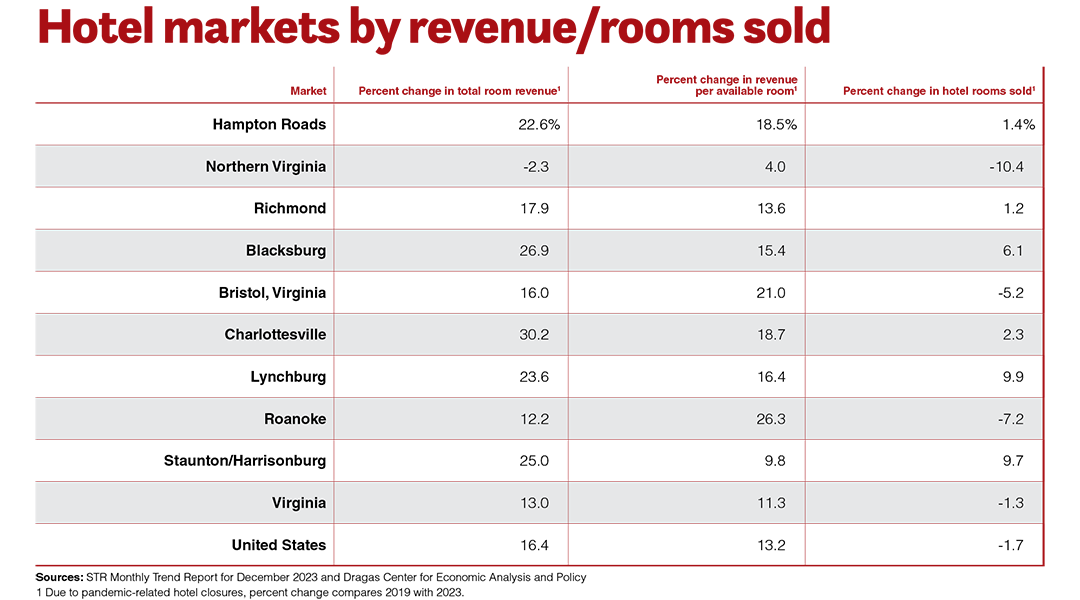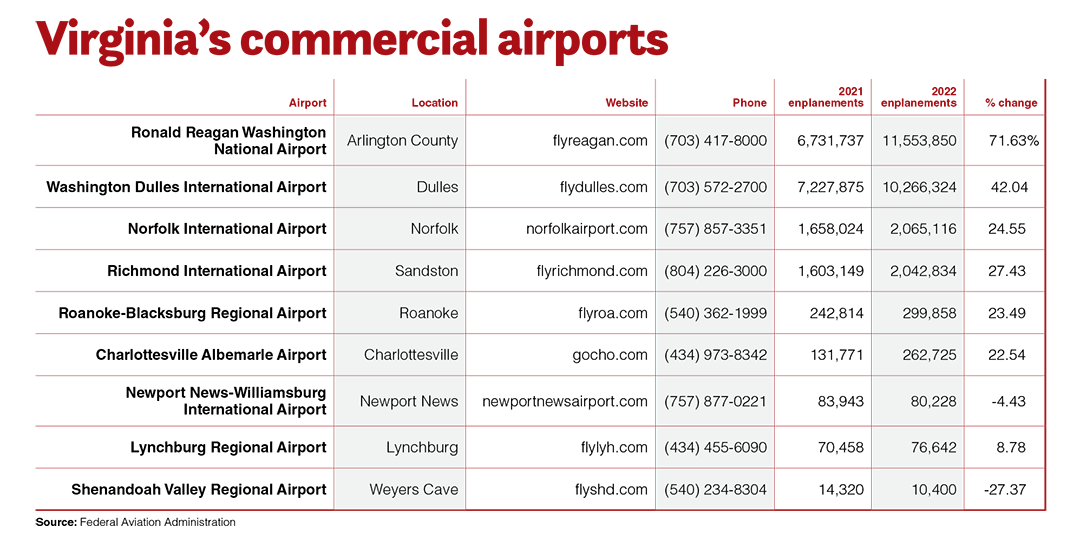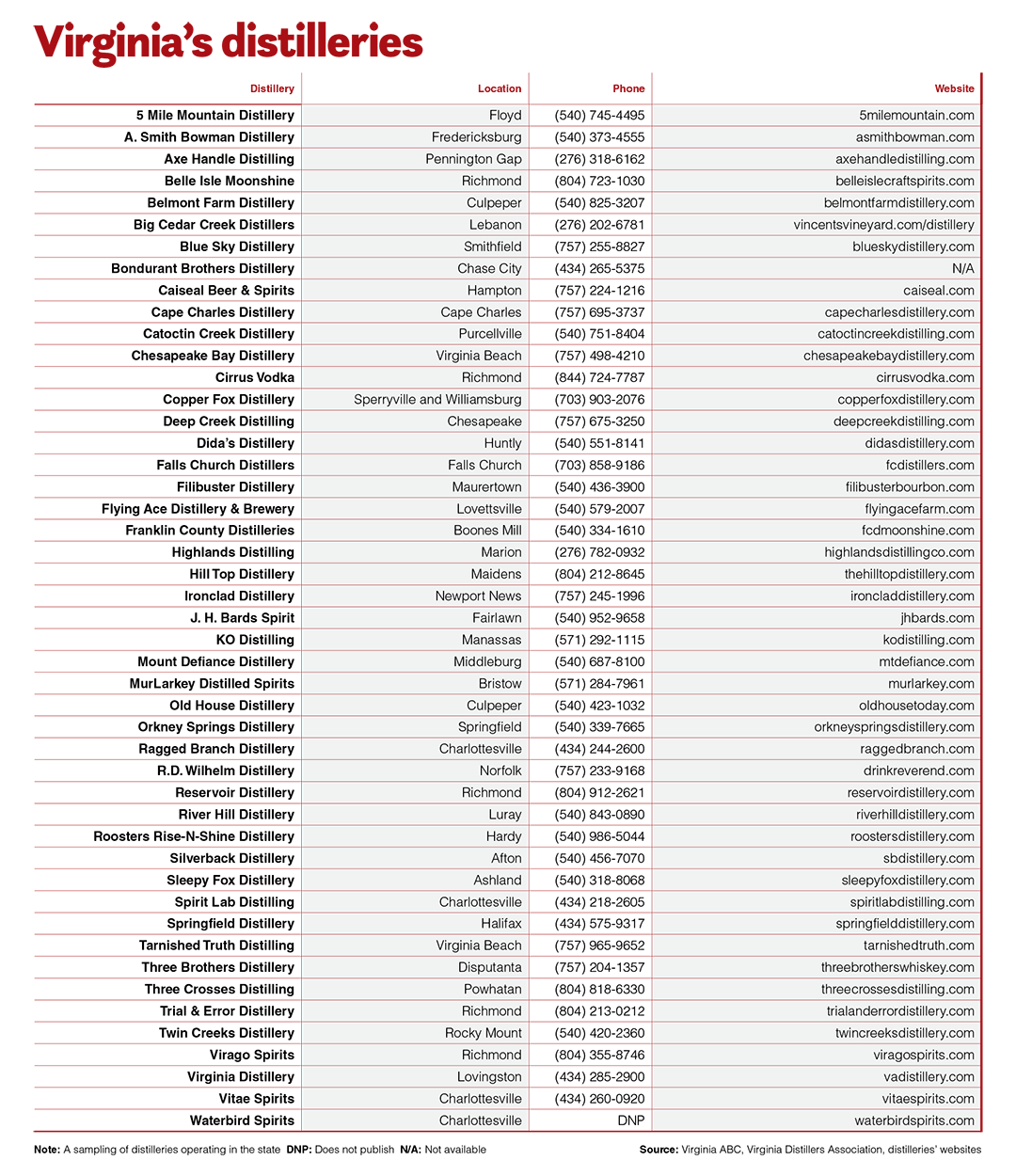When Sid Pailla applied to join Richmond-based accelerator Lighthouse Labs in 2020, he had an idea, a product and early customers but, he acknowledges, “at the end of the day, we didn’t exactly have a business.”
Sunny Day Fund, Pailla’s Falls Church startup, offers an emergency savings platform to which employers contribute in an effort to help employees avoid dipping into retirement funds when they have no emergency savings. The idea “was very much something that was working, but not something that was going to be able to be scalable and something that could be a venture-backed business,” he says.
But over the course of 11 weeks Pailla spent with Lighthouse Labs, Sunny Day Fund began to shine.
“With Lighthouse Labs, what caught our attention was, here was a program that was truly intended to help founders kind of figure out what does it mean to be a venture-backed company and all the different stakeholders that are involved in that process, including early hires, including investors, channel partners and so on,” Pailla says. “So, for us, it was a very formative part of our journey.”
Lighthouse Labs helped Sunny Day Fund increase its revenue, make its second hire — an account executive — and attract private equity financing.
‘Founder-friendly’
That’s the business Lighthouse Labs and other incubators and accelerators are in: Helping entrepreneurs figure out the best way to do business.
“We consider ourselves founder-friendly,” says Art Espey, former interim managing director of Lighthouse Labs. “We really try to help founders understand how to work with investors so it’s a good deal for the investors and a good deal for the founders.”
Lighthouse Labs, which has named former Shenandoah Community Capital Executive Director Debbie Irwin as its permanent managing director, annually runs two cohorts, with about eight companies accepted each session. Startups receive $20,000 in equity-free funding, as well as mentoring, education, programming and networking opportunities. The accelerator is popular and competitive; about 250 companies applied for spots in Lighthouse Labs’ spring cohort.
Across the commonwealth, a host of accelerators and incubators are helping founders get startups off the ground and scale up with the help of mentors, financial institutions, investors and perks such as equity-free funding and free office space. (See related list of coworking spaces below story.)
The first and final week of Lighthouse Labs’ program are in person, with a demo day and investor dinner included, but the rest is virtual, with each week themed around specific topics, such as marketing or human resources.
Meg Pryde, CEO and founder of Richmond-based Brandefy, was part of a Lighthouse Labs cohort in 2018. As a University of Virginia Darden School of Business student, she created Brandefy, which allows customers to compare skin care product prices and ingredients, at U.Va.’s incubator, i.Lab.
The mentors and advisers she met through Lighthouse Labs are still valuable to her, Pryde says, and the funding helped her determine if her business model would work.
Brandefy has doubled its revenue from a year ago, Pryde says, and its mobile app has been downloaded more than half a million times.
Pryde is thankful, too, for the relation-ships with other entrepreneurs from her cohort, as well as investors she met through Lighthouse Labs and Startup Virginia. They’ve helped her raise more than $1 million in capital, helping Brandefy expand.
Pailla also places a high value on the relationships he built at Lighthouse Labs. “The whole cohort mentality was incredible for us,” he says. “There’s a very strong camaraderie.”
‘Faster and smarter’
For the past four years, Pryde has been a member of Startup Virginia, an incubator based in Richmond.
Startup Virginia has incubated 80 companies, according to its 2022 impact report, supporting them through one-on-one guidance and assistance with investment preparedness, mentoring, corporate partnerships, leadership training and more. The incubator, says Executive Director Richard Wintsch, helps companies “grow faster and smarter than they would on their own.”
Unlike more specialized organizations that focus only on early or mid-stage startups, Startup Virginia works with entrepreneurs at different stages — from those who are just getting going to founders who have raised Series A and B rounds.
It also offers a 9-week entrepreneurial certificate course and the 7-week Idea Factory course, which helps participants refine their products and services to connect with customer needs. Startup Virginia manages the VentureSouth Virginia angel group, which pairs investors and mentors with startups and early-stage companies. Since 2008, VentureSouth has invested $80 million in more than 100 companies.
In Hampton Roads, Norfolk-based 757 Accelerate is a major player in the startup ecosystem. It has a similar mission to Lighthouse Labs and Startup Virginia, offering an annual 12-week session for between five and nine companies. 757 Accelerate receives 160 to 180 applications for those spots each year.
Applicants answer questions about their companies’ stages and personalities: Are they innovative and disruptive? Are they seeking equity investors or angel funders? How fast are they growing? Are they based in Virginia or willing to move here? To get a coveted space in the cohort, founders have to answer a lot of questions.
“We focus very much on investor readiness,” 757 Accelerate Executive Director Eileen Brewer says. “We are looking for startups [that] have customers and revenue and are ready to grow and need angel investing to support rapid growth.”
The accelerator gives cohort members $20,000 in undiluted funding, in addition to mentoring and programming. While some accelerators are focused on certain industries like health care or tech, 757 Accelerate is industry-agnostic — although most of its cohort members are tech companies such as Flying Ship, which makes aerial drones designed to fly over water, or makers of consumer products such as Mocktail Club, a line of nonalcoholic cocktails.
One benefit 757 Accelerate offers is the “investor road show,” allowing founders to pitch to angel investor groups in person, taking buses to Tysons, Charlottesville and Raleigh, North Carolina, to get face time with investors.
Aligned with 757 Accelerate is 757 Startup Studios, an incubator, and 757 Angels, which connects investors with founders. 757 Angels also works with VentureSouth. All three operate under the umbrella of 757 Collab, which has deployed $105 million in capital, helped 190 startups since its 2015 launch and worked across industries between the three organizations.
Norfolk-based 757 Startup Studios helps early-stage founders with their business journeys. Selected through an application process, entrepreneurs develop business ideas and customer discovery, with the entrepreneurship hub providing mentorship, programming, coworking space and free Wi-Fi. 757 Startup Studios provides rent-free space for up to 12 months to about 30 startup founders simultaneously.
‘The nucleus’ of innovation
In Roanoke, the Regional Accelerator and Mentoring Program, or RAMP, serves startups across the Roanoke and New River valleys. Traditionally, that part of Virginia hasn’t had as many resources for entrepreneurs, but John Hagy, RAMP’s executive director, notes that his organization is helping change that. “We view RAMP as the nucleus of Southwest Virginia’s innovation and startup economy.”
Each year, RAMP welcomes two cohorts of five companies each for its 12-week RAMP-in-Residence program. About 15 to 20 companies apply for five spaces, Hagy notes, a comfortable number that provides a sizable peer group for cohort members but doesn’t overtax RAMP’s network of mentors and other participants.
Hagy sees RAMP as a critical layer of being able to take companies from ideation through growth stages, fundraising, private capital and post-acceleration.
Since its founding in 2017, RAMP has assisted 48 companies, which receive $20,000 each in non-equity funding, mentoring, free office space and other perks.
Like other startup boosters, RAMP has three primary functions: programming, mentoring and networking. Hagy, who started in January, says RAMP’s goal is to provide a full linear path, from having the idea to fundraising, growing and successfully accomplishing a mission.
One of RAMP’s programs, the pre-accelerator On RAMP, supports early-stage tech, health and life sciences companies. At the other end of the spectrum is Exit RAMP, an alumni program that includes meetings with venture capitalists and other investors, pitch polishing workshops and further coaching.
Virginia’s entrepreneurial ecosystem is growing and evolving. Friendly competition exists among accelerators, incubators and other hubs — but they’re also collegial, working together to raise Virginia’s entrepreneurial ecosystem to new heights.
“Our reason for being here is to help startups to be successful, to help grow the economy, to help the private sector in the region grow and create jobs and entice people to move to the region,” says 757 Accelerate’s Brewer. “So, there is no animosity about someone getting into someone else’s program. It’s really a very friendly ecosystem. We’re supportive of each other.”










